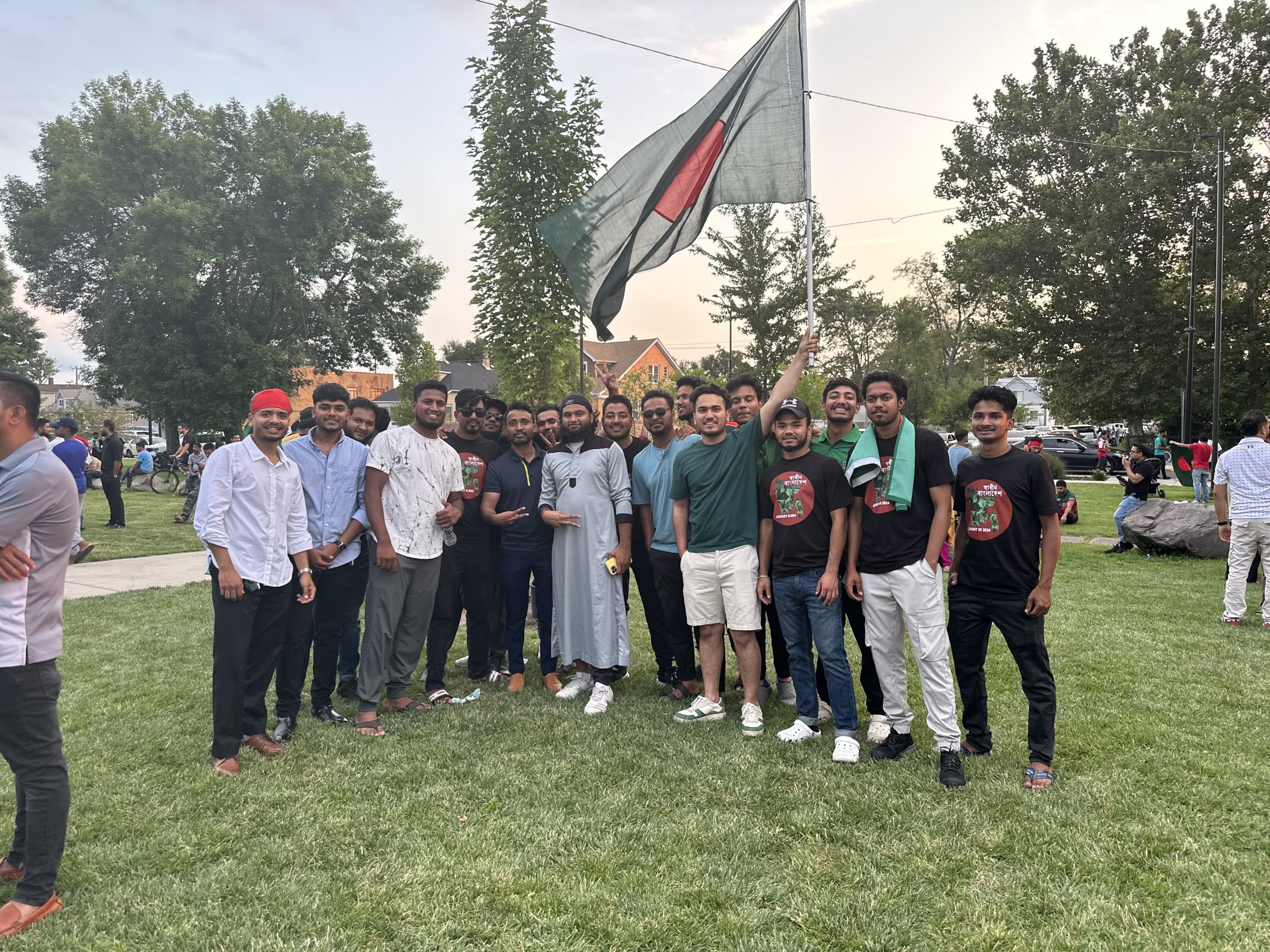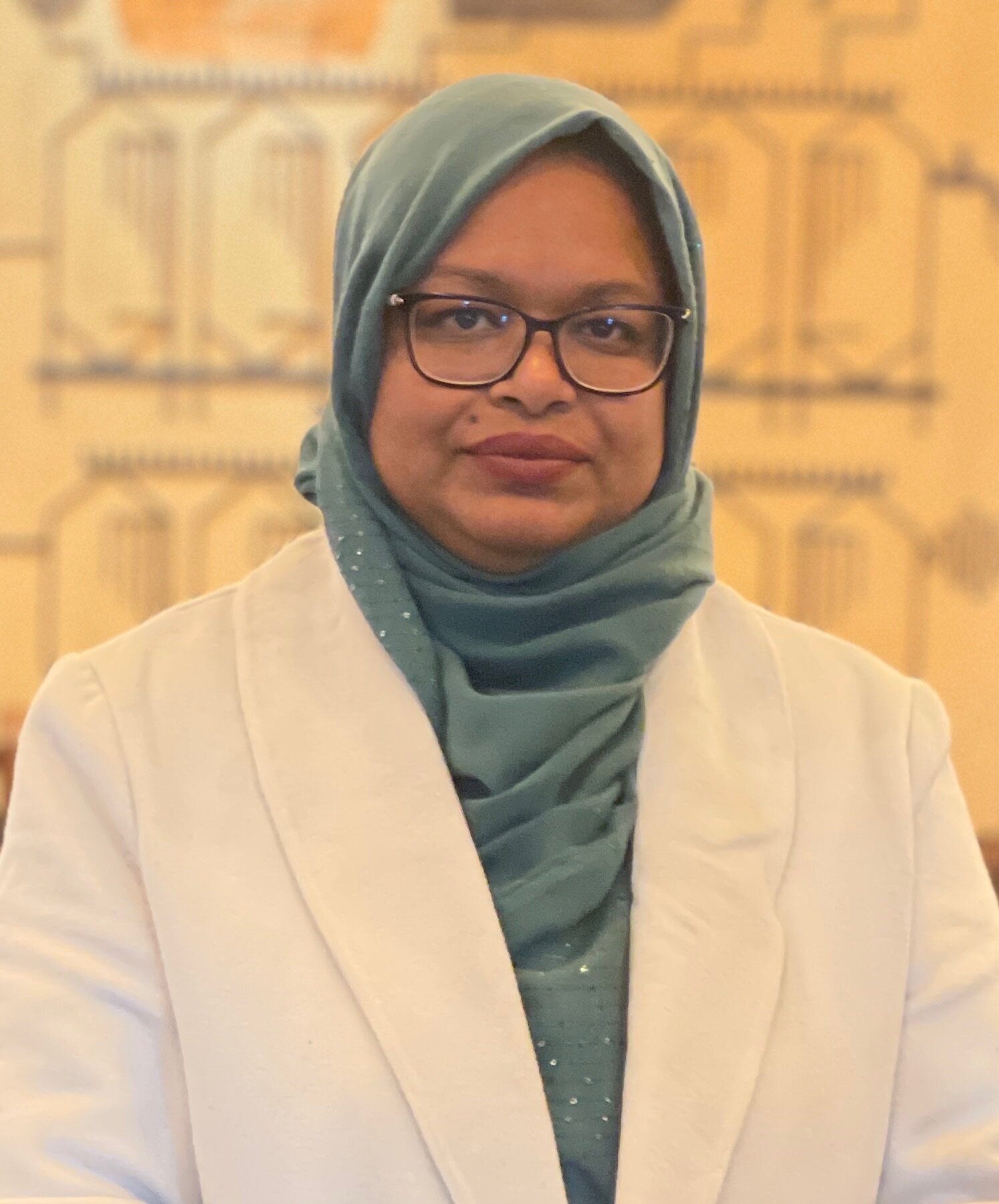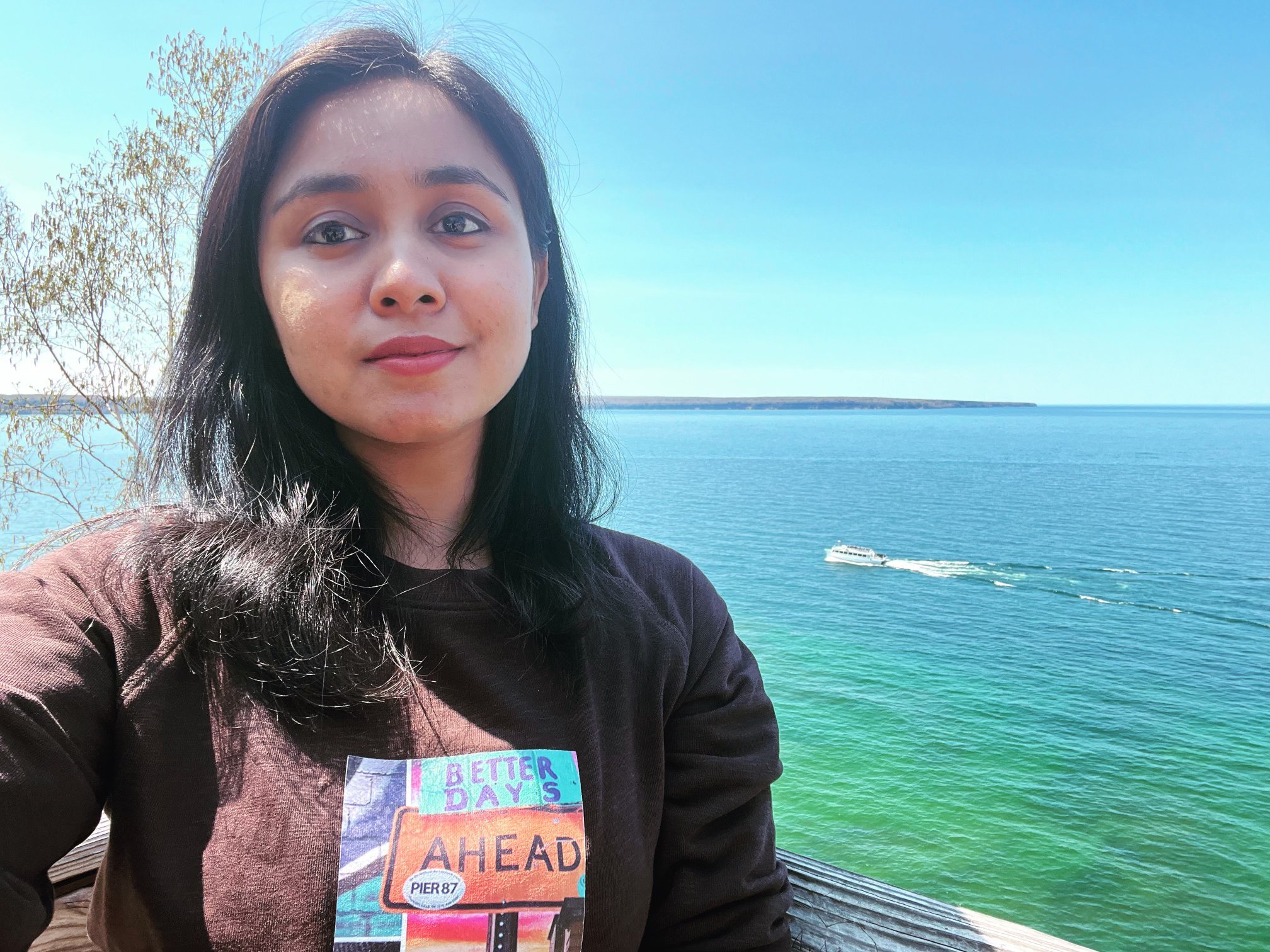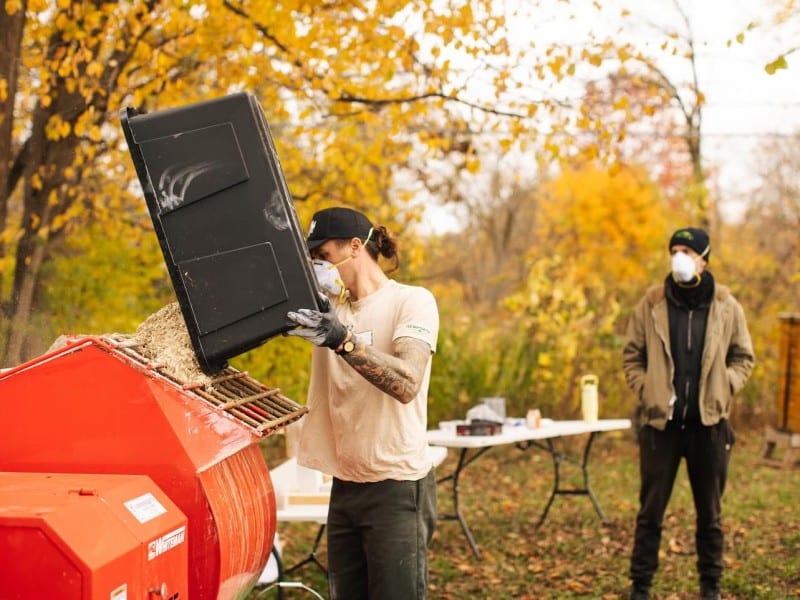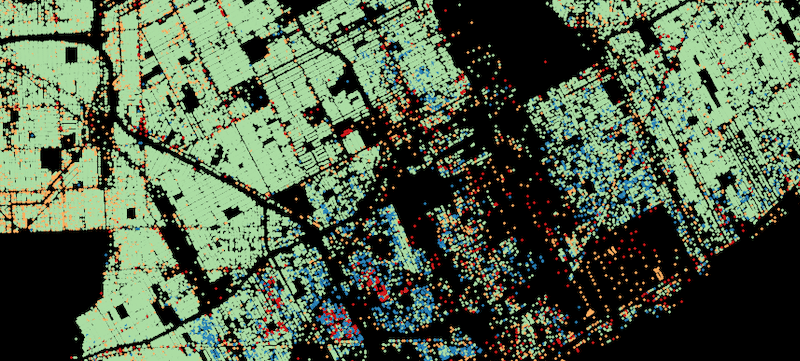Bangladesh, a country surrounded on three sides by India and by the Bay of Bengal on the fourth side, has been in tumult since July. And the effects are far-reaching, significantly impacting Metro Detroit’s large Bangladeshi-American community.
The relatively young country achieved independence from Pakistan in 1971. For the past 15 years, the country has experienced harsh authoritarian rule, which ended in July with a student-led uprising. In addition to authoritarianism, the students were protesting a government policy which reserved a quota of certain jobs for descendants of fighters in the 1971 Bangladesh Liberation War. With a shortage of jobs throughout the country, many students are upset with the lack of employment opportunities.
The Bangladesh government, led by now-ousted leader Sheikh Hasina, instituted a violent crackdown on the protests which left many students dead. Hasina is now in exile in India while Nobel laureate Muhammad Yunus leads an interim government.
“The Bangladeshi diaspora, particularly students in more than one hundred universities across the United States, played a crucial role in this movement,” said Bangladeshi expat Sajjad Ahamed, who is also a doctoral degree student in political science at Wayne State University. “They demonstrated widespread support for the anti-government protests.”
In Hamtramck, Warren and Sterling Heights, large Bangladeshi communities could feel the reverberations from the protests back home.
Like many other Bangladeshi expats, Nujhat Riya spent the first few weeks of the student protests in a panic. In 2018, while still living in Bangladesh, she had participated in student-led protests of the government, so she knew what was likely happening back home. When the protests began, the government restricted all phone and internet communications and Riya was desperate for news from her parents.
“I was continuously on the phone for days hoping to get new updates,” said Riya, who has been an engineering student since she arrived in the United States in 2021. “I kept wondering if my family was alive and if they were ok. I knew if I had stayed there, I would’ve joined the protest, and there’s a chance that I would be dead by now.”
Once they were sure of their family’s and friends’ safety, many Metro Detroit Bangladeshis began to speak up against Hasina’s violent response to the protests.
Community organizer Munni Rahman came to the United States with her family when she was in the third grade. As an administrator of a Bangladeshi-focused Facebook group, she used that platform to raise awareness about the situation.
“Instead of trying to communicate with the students, the government responded with violence and force.” Rahman said. “It led to the students being massacred.”
Delwar Ansar, a member of the Warren Planning Commission, also took to social media with a campaign to expose what was happening at the hands of the government. In addition, he, Rahman and Riya helped to organize a series of rallies in support of the students. Held in July and August, each rally attracted about 1,000 attendees, while a rally on Aug. 5 celebrating the fall of the government drew 6,000.
These activities were met with both support and opposition in Metro Detroit and Bangladesh.
“It’s very apparent who supports which party,” said Rahman, referring to the three main political parties in Bangladesh. “And since I’ve been outspoken in my support for the students, some people have changed the way they act towards me. People who don’t support the students have targeted those who do. A lot of us were getting threats.”
Both Rahman and Ansar knew that their activities would also make them a target if they ever tried to travel to Bangladesh under Hasina’s government.
“I raised my voice against injustice,” Ansar said. “I knew that while the old government was in power, that I could never return to Bangladesh. I would have been jailed.”
Once Riya reconnected with her family in Bangladesh, she also began to see a split in the community.
“Some of us have been attacked based on our political view,” Riya said. “We are a very small community and we should be united, not divided. We need to respect each other’s opinions and freedom of speech.”
Rahman echoed Riya’s concerns about conflict in the community. Many of the people she works with have become divided based on their support, or lack of support, for the student movement in Bangladesh.
“My interactions with people have shifted,” Rahman said. “Now I try to interact with others on a human level – to connect on an issue that we both care about.”
In addition, both Riya and Rahman noted that these political disagreements were also heightened by the contentious U.S. presidential election. These divisions, along with the threat of reprisal has not deterred many activists, who are committed to continuing their work.
“You cannot kill someone for raising their voice,” Ansar said. “It’s my civic duty to step in and help when unlawful things happen.”
With Yunus’ interim government now in power, the Metro Detroit Bangladeshi community is looking to the future with hope.
“Tensions still exist in Bangladesh, but there is a strong hope for positive reformations in politics soon,” Ahamed said.
It’s hope in the younger generation that sustains many activists’ cautious positivity.
“The students in Bangladesh are very politically aware,” Rahman said. “That makes me hopeful for the future.”
Riya also noted the students’ persistence in achieving their goals.
“The whole country is relying on the students,” she said. “The government tried to stop them, but they couldn’t. I have faith in the young generation – they are very smart.”
In the United States, the Bangladeshi community also will need to work on bridging the political divide that has separated the community.
“Now it’s time to put our personal likes and dislikes aside and put our country first,” Riya said. “We need to respect each other.”
